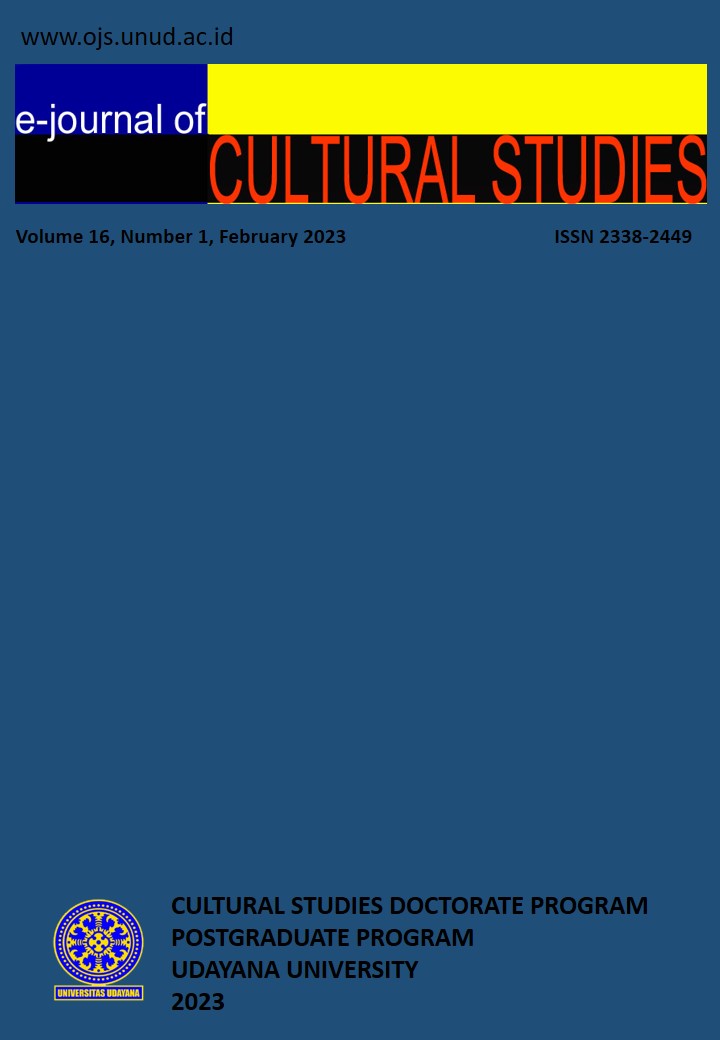KINSHIP POLITICS AND EMBODIMENT CONCEPT OF GOOD GOVERNANCE: TABANAN DISTRICT CASE STUDY
Abstract
This research is a neo-institutionalism analysis study to political dynasty issue in the accordance with the embodiment concept of good governance in Tabanan district. As it is known that after the reformation, Tabanan was led by the same family generation. By focusing on the health service sector, this study will look at to what extent the dynastic politics has an impact on the public policy sector and the realization of good governance. In general, the health service policy pursued by the Tabanan Regency government is a non-populist policy. The local government chose to build international hospital rather than providing free health services for the poor. All this time, the study about political dynasty and the effect to the public policy sector in Tabanan is only seen as a mere political problem without looking at the deep state structure, the normative function and culture in it. This study found that there are a conflict between sociological institution, historical institution, and rational choice institution behind the strong dynastic politics as well as the struggles in realizing good governance in Tabanan Regency.
Keywords: political dynasty, good governance, neo-institutionalism, public policy, Tabanan district.







